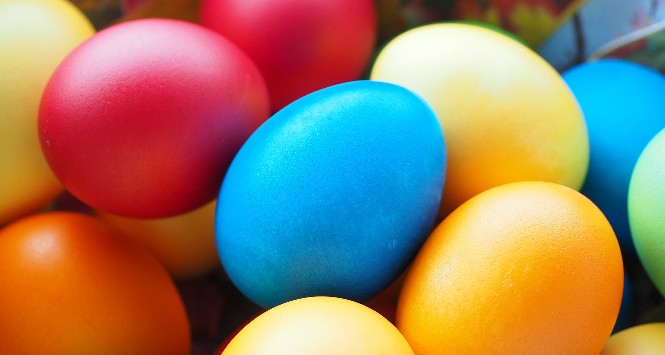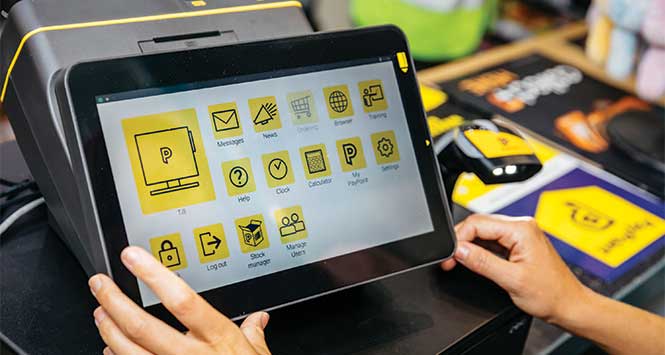Convenience store value sales grew by 8% in the past four weeks ending 25 February, with volume sales (+1.4%), suggesting that some shoppers prefer to visit convenience stores to limit their overall grocery spend.
The data, released by consumer intelligence company NIQ – previously known as NielsenIQ – shows grocery sales soared by 11.1%, as a result of accelerating food inflation.
The figures show till sales growth comes despite a lack of availability in a few fresh produce categories which impacted sales in the past two weeks.
Total value sales in the fresh produce category grew just 1.1%, with a unit decline of 5.4%. Supermarkets struggled to meet demand for certain products, such as tomatoes, where unit sales declined by -17.6% with vine tomatoes worse hit (-28.9%), and peppers (-16.8%).
However, value sales for products that were available such as lettuce (13.7%) and cucumber (31.8%) increased despite limited availability.
The consumer intelligence company states that volumes at the multiples fell by 4.1% in the past four weeks, indicating that although inflation is still rising, shoppers’ varying coping strategies and the additional private-label price cuts by retailers are helping to alleviate the impact of inflation on shopping baskets. While volumes are down compared to the same period in 2022, they are broadly unchanged over the past 12 weeks (-4.0%); higher inflation is boosting value sales but declining volumes are no worse.
However, there was incremental spend for Valentine’s Day and over the February half-term which helped lift value growths at the multiples to 8.2%3. Compared to last year, there was an increase in sales for boxes of chocolates (+23%), fresh roses (+20%), mixed floral bunches (+14%), and sparkling wine (+4%) and many households enjoyed the occasion at home with a “dine in” meal deal.
The NIQ data reveals in-store visits continue to rise (8.7%) and sales at stores are up (13.1%) which is at the expense of online sales, which fell by 2.5% as a result of fewer shoppers and less spend.
Mike Watkins, NIQ’s UK Head of Retailer and Business Insight, said: “Promotional spend continues to be low and stable at 20% of all FMCG sales with longer-term price cuts and price locks now favoured by retailers and preferred by shoppers to short-term promotions. This also helps give shoppers more price transparency across different retailers which is important when prices are increasing.”
Watkins added: “And the attractive pricing around Valentine’s meal offers gave a boost to some discretionary categories which suggests that shoppers are still looking to trade up for special events and spend on treats and indulgences, provided they can make savings on everyday grocery items.”








